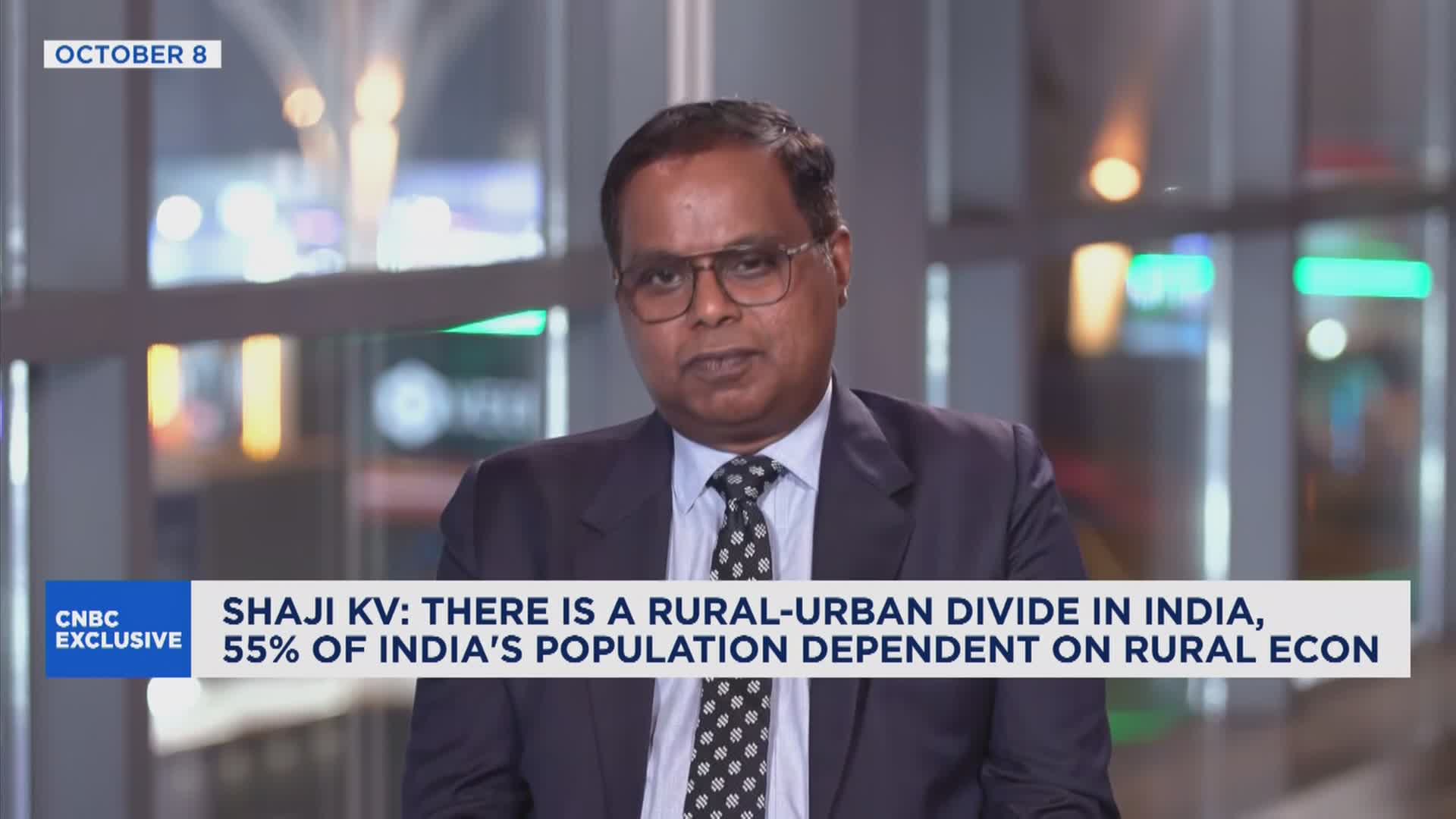Health
NABARD Chairman Urges Financial Boost for Rural India’s Growth

The Chairman of the National Bank for Agriculture and Rural Development (NABARD), Harsh Kumar Bhanwala, has emphasized the urgent need for increased financial support to enhance the capital of India’s rural population. Speaking at a conference on March 15, 2024, in New Delhi, Bhanwala highlighted the vital role that finance plays in fostering economic growth and improving living standards in rural areas.
Bhanwala pointed out that a significant portion of India’s population resides in rural regions, where access to capital remains limited. He stated that enhancing financial resources is crucial not only for agriculture but also for various sectors that contribute to rural development. “To empower our rural communities, we must ensure that they have the financial means to invest in their futures,” he asserted.
The NABARD Chairman detailed several initiatives aimed at strengthening financial inclusion among rural populations. These initiatives include expanding credit facilities, improving access to microfinance, and fostering partnerships with private sector players. Bhanwala noted that these measures could lead to increased productivity, job creation, and overall economic resilience.
Investment in rural infrastructure was another focal point of Bhanwala’s address. He emphasized that modernizing infrastructure, such as roads and irrigation systems, is essential for enhancing agricultural output and ensuring that rural areas can compete in the broader economy. “Without adequate infrastructure, the potential of our rural economy cannot be realized,” he explained.
Bhanwala also acknowledged the challenges posed by climate change and its impact on agriculture. He called for innovative financing solutions to help farmers adapt to changing weather patterns and invest in sustainable practices. He stressed that addressing these challenges requires a collaborative effort from government, financial institutions, and the private sector.
In addition to financial investments, Bhanwala highlighted the importance of education and skill development in rural areas. He believes that empowering individuals with the knowledge and skills necessary to thrive in a modern economy is essential for long-term growth. “Education is the bedrock of sustainable development,” he said.
The NABARD Chairman’s remarks come amid ongoing discussions about the future of rural development in India. As the government seeks to boost the economy, there is a growing recognition of the need to support rural populations effectively. Bhanwala’s call for increased financial resources aligns with broader efforts to ensure inclusive growth across the country.
As the conference concluded, Bhanwala reiterated his commitment to advocating for rural finance and development. He urged stakeholders from various sectors to come together to address the pressing issues facing rural communities. “Together, we can build a brighter future for our rural population,” he concluded, leaving attendees with a sense of urgency and purpose.
The NABARD continues to play a pivotal role in shaping India’s rural landscape through its financial programs and initiatives. With the Chairman’s vision for enhanced capital and support, there is hope for significant progress in uplifting rural communities across India.
-

 Technology5 months ago
Technology5 months agoDiscover the Top 10 Calorie Counting Apps of 2025
-

 Technology2 weeks ago
Technology2 weeks agoOpenAI to Implement Age Verification for ChatGPT by December 2025
-

 Health3 months ago
Health3 months agoBella Hadid Shares Health Update After Treatment for Lyme Disease
-

 Health3 months ago
Health3 months agoAnalysts Project Stronger Growth for Apple’s iPhone 17 Lineup
-

 Health3 months ago
Health3 months agoErin Bates Shares Recovery Update Following Sepsis Complications
-

 Technology5 months ago
Technology5 months agoDiscover How to Reverse Image Search Using ChatGPT Effortlessly
-

 Technology3 months ago
Technology3 months agoElectric Moto Influencer Surronster Arrested in Tijuana
-

 Technology2 months ago
Technology2 months agoDiscover 2025’s Top GPUs for Exceptional 4K Gaming Performance
-

 Technology5 months ago
Technology5 months agoMeta Initiates $60B AI Data Center Expansion, Starting in Ohio
-

 Technology5 months ago
Technology5 months agoRecovering a Suspended TikTok Account: A Step-by-Step Guide
-

 Health5 months ago
Health5 months agoTested: Rab Firewall Mountain Jacket Survives Harsh Conditions
-

 Lifestyle5 months ago
Lifestyle5 months agoBelton Family Reunites After Daughter Survives Hill Country Floods





















